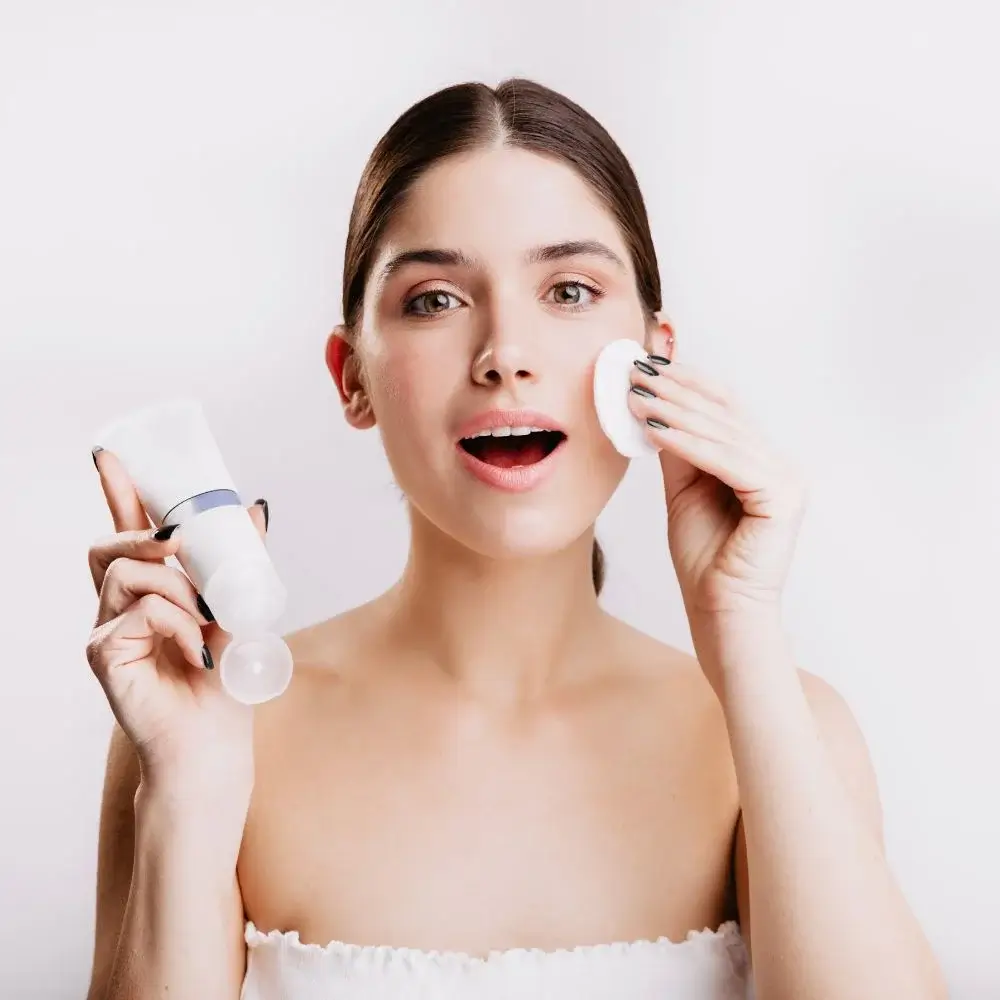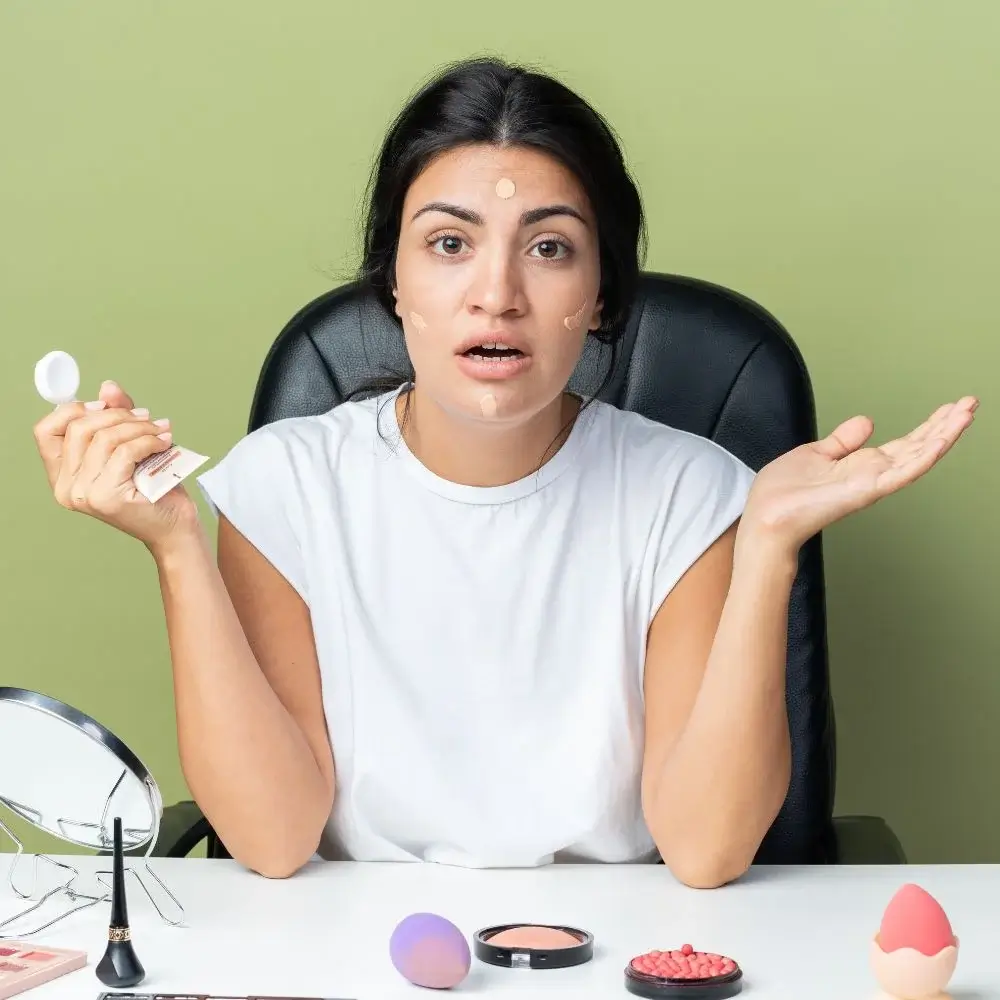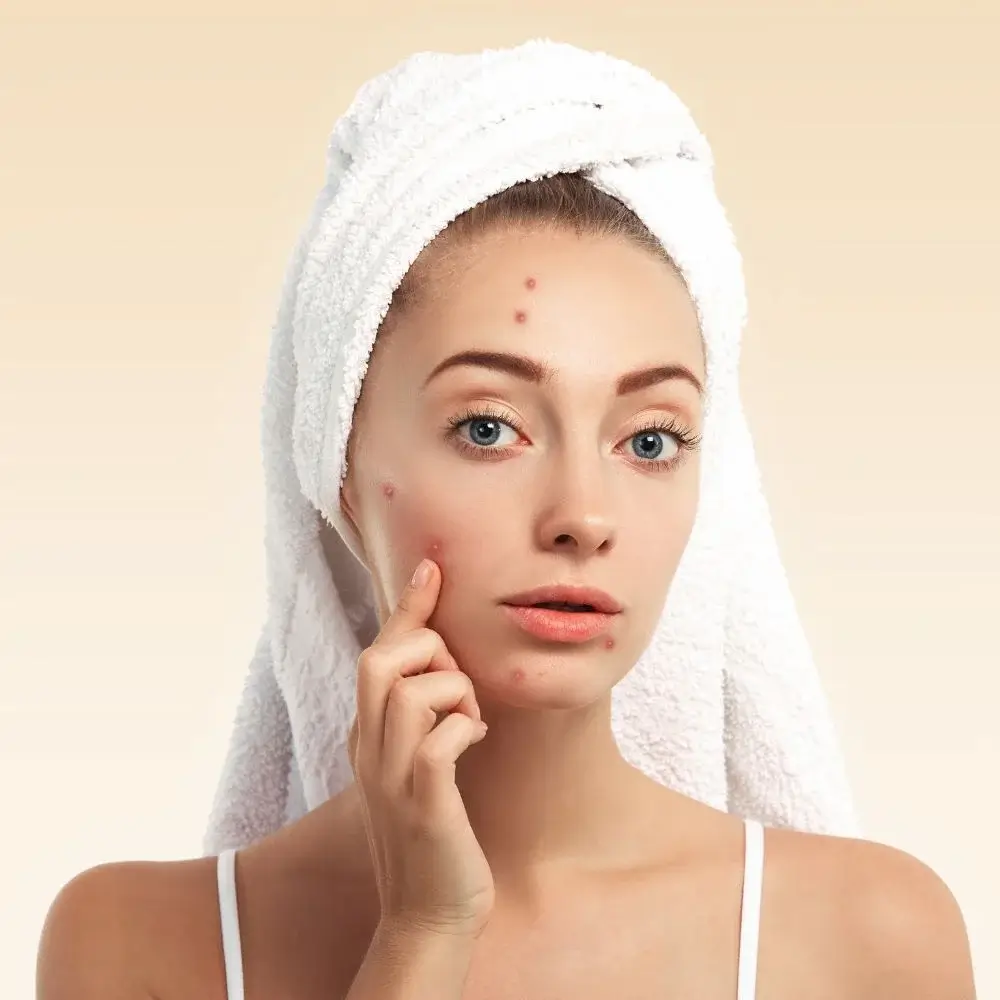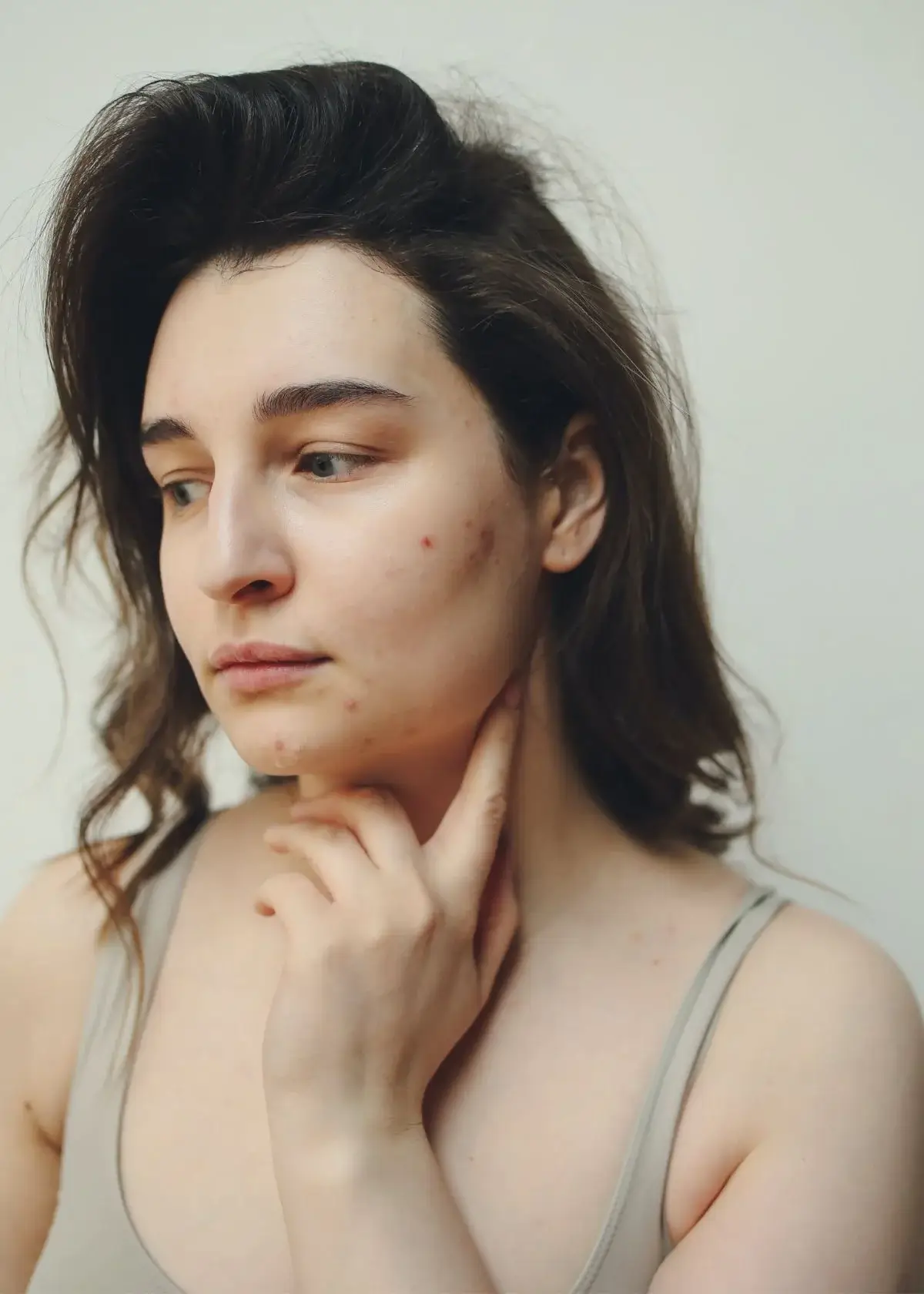Acne can be a persistent and frustrating condition, but with the right treatment, you can achieve more transparent and healthier skin. One effective solution that has gained popularity in the skincare world is retinol. In this blog post, we will guide you on choosing the suitable retinol for acne, helping you make informed decisions and achieve the best results for your skin.
Understanding Retinol for Acne
Before diving into the selection process, let's first understand what retinol is and how it works for acne. Retinol is a derivative of vitamin A that promotes skin cell turnover, reduces inflammation, and unclogs pores. By accelerating the skin's renewal process, retinol can help prevent acne breakouts and minimize the appearance of acne scars.
Factors to Consider
When choosing the right retinol for acne, several factors must be considered to ensure it suits your skin's needs and preferences.
1. Skin Type and Sensitivity: Different skin types may react differently to retinol. If you have sensitive skin, you may want to opt for a milder formulation or use retinol sparingly to avoid irritation.
2. Product Concentration and Form: Retinol products come in various concentrations and forms, such as creams, serums, and oils. Start with a lower concentration and gradually increase as your skin becomes accustomed to the treatment.
3. Ingredients to Look for and Avoid: Look for retinol products that contain other ingredients like niacinamide, hyaluronic acid, or ceramides, which can enhance the benefits and provide hydration. Avoid products with harsh additives or fragrances that may irritate your skin.
Choosing the Right Retinol
To make an informed decision, conducting thorough research and reading reviews from reputable sources is essential. While online reviews can provide valuable insights, it's also important to consult with a dermatologist. They can evaluate your skin condition, recommend suitable retinol products, and advise on the best application method for your needs.
Performing a patch review before incorporating retinol into your skincare routine is crucial. Apply a small amount of the product on a small area of your skin and monitor for any adverse reactions, such as redness or itching.
Tips for Safe and Effective Use
To maximize the benefits of retinol for acne treatment and minimize potential side effects, consider the following tips:
- Use Sunscreen: Retinol can increase your skin's sensitivity to the sun. Protect your skin by applying sunscreen with a high SPF during the day.
- Gradually Increase Frequency: Start by using retinol every few days to allow your skin to adjust. As your skin becomes more tolerant, gradually increase the frequency of use.
- Moisturize and Hydrate: Retinol may cause dryness or flaking. Combat these effects by moisturizing your skin regularly and incorporating hydrating products into your skincare routine.
Choosing the right retinol for acne is crucial in achieving clearer and healthier skin. You can find a retinol product that suits your specific needs by considering factors such as your skin type, product concentration, and ingredients. Remember, consulting with a dermatologist and following their guidance is essential for safe and effective treatment. With the right retinol and proper usage, you're on your way to a radiant complexion and renewed confidence.
Discover clearer, blemish-free skin with our meticulously researched Best Retinol for Acne. This powerful formula combats acne and promotes skin renewal. Crafted with precision and innovation, this retinol treatment is the epitome of effective acne management, promising a rejuvenated complexion. Elevate your skincare routine and uncover the secrets to healthier skin. Click now to explore the transformative power of the Best Retinol for Acne.
What is retinol, and how does it work for acne?
Retinol, a derivative of vitamin A renowned for its skin-renewing properties, orchestrates a symphony of biological processes to combat acne. Its pivotal role lies in catalyzing cell turnover, a dynamic mechanism crucial for thwarting the buildup of dead skin cells, a common catalyst for clogged pores and acne. Beyond this, retinol regulates skin cell growth, promoting a visibly smoother complexion and, through its anti-inflammatory capabilities, a soothing effect on existing acne lesions. This multifaceted orchestration positions retinol as a comprehensive and holistic solution for acne, addressing its prevention and the reduction of unsightly blemishes.

What distinguishes the best retinol products for acne from others?
Their meticulously crafted formulations are the hallmark of superior retinol products tailored for acne. Beyond boasting optimal retinol concentrations, these formulations synergize with a thoughtfully selected array of ingredients. Stability is paramount, ensuring the long-term preservation of the potency of active components, while a nuanced approach to minimizing potential irritation ensures consistent and comfortable usage. Backed by rigorous clinical substantiation, these premium products demonstrate their superiority in preventing and treating acne, marking a departure from conventional formulations.

What concentration of retinol is recommended for treating acne?
The alchemy of retinol concentration for effective acne treatment hovers within the Goldilocks range of 0.25% to 1%. This nuanced calibration is a testament to the delicate balance sought—potent enough to elicit tangible and transformative results in acne management yet gentle enough to mitigate the risk of adverse effects. This sophisticated approach isn't just about skincare; it's a tailored invitation for the skin to acclimate gradually, promoting sustained adherence and optimizing therapeutic outcomes for a personalized and effective treatment journey.

How does retinol effectively prevent acne breakouts?
Retinol's prowess in preventing acne breakouts is a tale woven through the intricacies of skin physiology. By accelerating the turnover of skin cells, retinol actively thwarts the formation of comedones—the elusive culprits that precede the emergence of acne. Simultaneously, its anti-inflammatory virtuosity deftly addresses the underlying causes of acne. This dual-action symphony serves as a remedy for existing blemishes. It establishes a robust defense against the orchestration of new ones, rendering retinol an indispensable and comprehensive solution for those grappling with acne-prone skin.

How often should I apply retinol for effective acne treatment?
Understanding the chronicles of retinol's efficacy in acne treatment unveils a strategic narrative emphasizing application frequency. The optimal cadence resonates once a day, preferably in the evening. Commencing this skincare sonnet with a lower frequency, perhaps every other night, orchestrates a gradual and harmonious skin adaptation to the treatment, artfully mitigating the risk of irritation. As the skin's tolerance crescendos over time, progressively increasing the application frequency ensures a sustained and nuanced improvement in acne management—an evolving symphony attuned to individual skin types' unique needs and rhythms.
Should I avoid certain skincare products while using retinol for acne?
Navigating the labyrinth of skincare during the retinol odyssey mandates judicious contemplation of product pairings. Prudent counsel advocates steering clear of concurrent use of products wielding the potent forces of benzoyl peroxide, salicylic acid, or vitamin C, as these ingredients may amplify the skin's sensitivity. Instead, embracing a well-rounded routine featuring a gentle cleanser and a moisturizer is a nurturing melody for overall skin health and a harmonious companion to the retinol treatment. This approach fosters a balanced and polyphonic synergy—a practical and opulent overture to the saga of acne management that prioritizes both efficacy and the delicate cadence of skin comfort.







